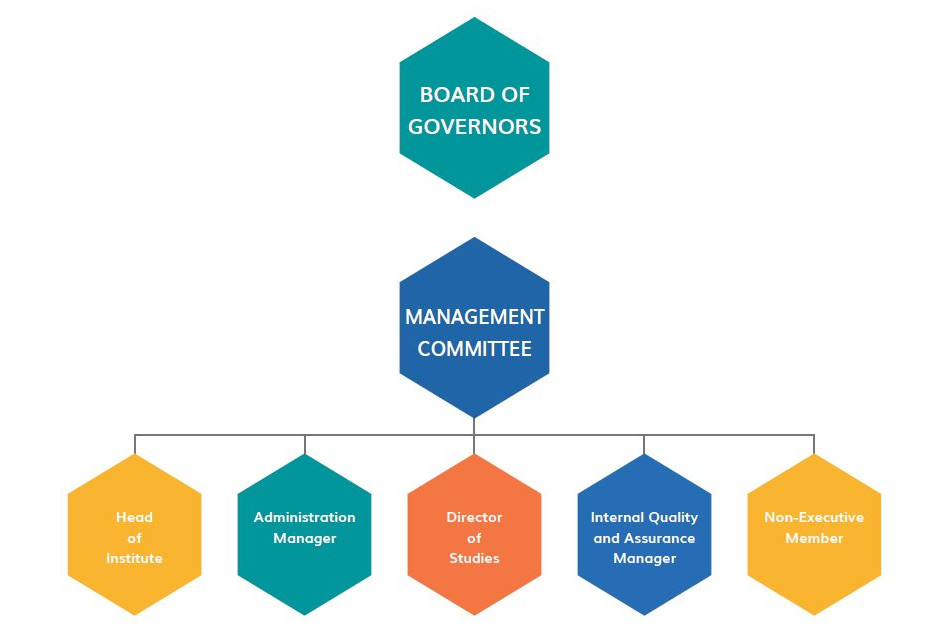Strategy for St. Francis de Sales Institute
The adoption of a comprehensive strategy for the St. Francis de Sales Institute is pivotal to ensuring its long-term sustainability, relevance, and alignment with its mission. As the educational landscape evolves, the Institute must anticipate changes and adapt to meet the needs of both the Maltese community and foreign workers.

our vision
To empower young people and workers with the knowledge, skills, and values needed to succeed in their professional and personal development, management, self-enrichment, and conflict resolution, while advancing the principles of work-based learning and non-formal education.

our mission
To establish the St Francis de Sales Institute as a leading educational, training and research hub for personal and professional development, recognised for its innovative work-based learning and non-formal education approaches, and for its contribution to building skilled, resilient, and socially responsible individuals.
The Importance of Having a Strategy
A strategy is essential for guiding the Institute’s development and ensuring that its actions are intentional, focused, and effective. Without a strategic plan, institutions risk drifting aimlessly, missing opportunities, and failing to adapt to changing circumstances.
For the St. Francis de Sales Institute, a strategy serves the following purposes:
- Direction and Prioritisation
The strategy provides a clear vision of where the Institute aspires to be. It aligns the efforts of staff, educators, and stakeholders around common goals, ensuring that resources are directed toward initiatives that yield the greatest impact.
2. Responsiveness to Needs
The Institute’s focus on work-based learning and non-formal education reflects a commitment to addressing the skills gaps in Malta’s workforce and in enriching a person’s life with sound Salesian values such as teamwork, commitment and a support to those in need. The proposed strategy ensures that these efforts remain relevant to the needs of young learners, industries, local and foreign workers, and underserved communities.
3. Institutional Growth and Sustainability
With plans to expand its offerings to include higher education qualifications up to Master’s level, the strategy positions the Institute as a leader in vocational and professional education. This not only enhances its reputation but also secures its financial sustainability through diversified funding sources and increased enrolment.
The Role of the Board of Governors
The Board of Governors plays a critical role in shaping the future of the St Francis de Sales Institute. As stewards of the Institute’s mission, members of the BoG are duty-bound to provide strategic direction, ensure accountability, and advocate for the necessary resources.

the Roles explained
Their responsibilities include:
Setting the Vision
Ensuring Effective Governance
Championing Resources
Contribution to the Maltese Community
The St. Francis de Sales Institute is uniquely positioned to make a significant impact on the Maltese community. Its emphasis on work-based learning and non-formal education equips individuals with practical skills that are directly applicable in the workplace and in the day-to-day living. Additionally, its commitment to inclusivity ensures that training opportunities are accessible to all, fostering social cohesion and economic mobility.
The Institute’s ability to address the challenges faced by foreign workers is particularly noteworthy. As Malta’s workforce becomes increasingly diverse, the Institute’s training programmes can bridge cultural and professional gaps, helping to build a more inclusive society. Moreover, by partnering with local industries, the Institute ensures that its training remains relevant and responsive to market needs.



